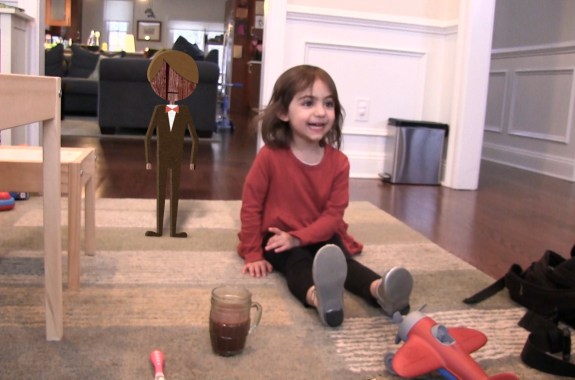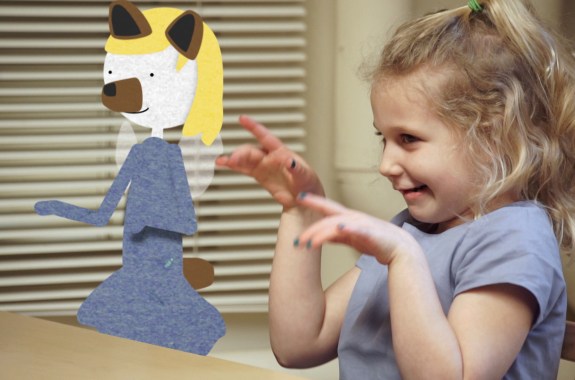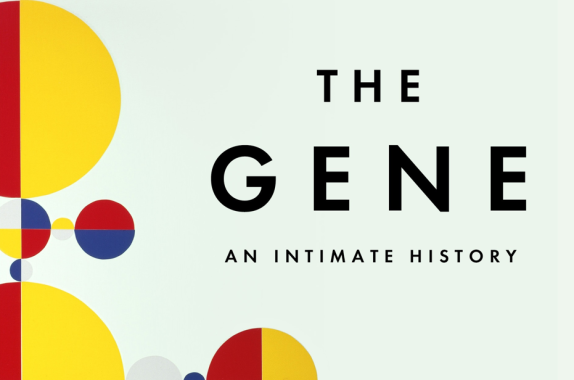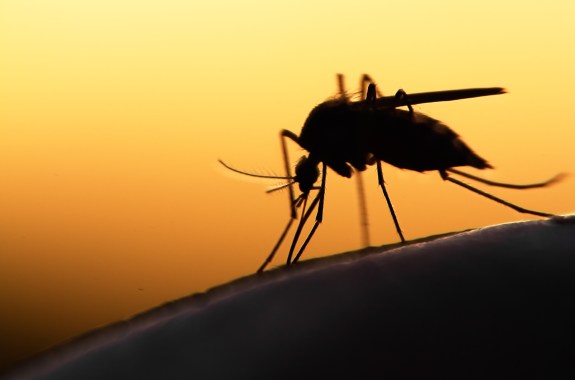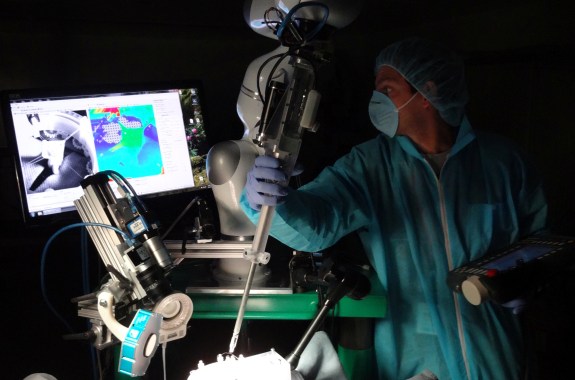The Real Guide to Imaginary Companions: Episode 3
Research by psychologists has revealed that imaginary companions can provide glimpses into the development of critical creative, social, and cognitive skills of children.
The Real Guide To Imaginary Companions: Episode 2
A trip into the lab of developmental psychologist Jacqueline Woolley reveals how children can become so enamored with their pretend friends, that they blur the lines between real and fantasy.
12:06
A Synthetic Human Genome? Not So Fast
Bioethicist Laurie Zoloth and biologist Jeff Way discuss the scientific and ethical challenges that lie ahead for large genome synthesis.
17:14
Lessons From the History of the Gene
Siddhartha Mukherjee’s new book, “The Gene,” is a reminder that the history of genetics is fraught with ethical conundrums.
Tracing Mental Illness Through a Family History
Author Siddhartha Mukherjee outlines his family’s genetic history with mental illness.
11:48
Bacteria Vs. (Zika) Virus, New Earth-Like Planets, and What Went Wrong With Theranos?
A new possible method for fighting Zika, plus a cautionary tale for biotech start-ups everywhere.
17:07
Shedding Pounds, Then Keeping Them Off
What “The Biggest Loser” can teach us about how the body loses and maintains weight.
10:39
Would You Trust a Robot to Perform Your Surgery?
Researchers have now developed a robot that can perform sutures and other delicate operations completely autonomously.
These Researchers Have Figured Out a New Way to Kill Cancer Cells
The team reports that they’ve figured out how to elude a tumor cell’s defenses.
7:18
The Science Club Wants You to #TakeASample
This month’s project from Science Friday’s Science Club asks participants to answer a question about a big or complex thing by looking at a sample of the whole.
